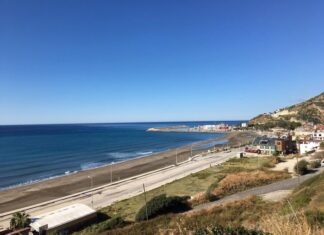Book II.
Of Things.
I. Divisions of Things.
In the preceding book we have treated of the law of persons. Let us now speak of things, which either are in our patrimony, or not in our patrimony. For some things by the law of nature are common to all; some are public; some belong to corporate bodies, and some belong to no one. Most things are the property of individuals who acquire them in different ways, as will appear hereafter.
1. By the law of nature these things are common to mankind—the air, running water, the sea, and consequently the shores of the sea. No one, therefore, is forbidden to approach the seashore, provided that he respects habitationes, monuments, and buildings which are not, like the sea, subject only to the law of nations.
2. All rivers and ports are public; hence the right of fishing in a port, or in rivers, is common to all men.
3. The seashore extends as far as the greatest winter flood runs up.
4. The public use of the banks of a river is part of the law of nations, just as is that of the river itself. All persons, therefore, are as much at liberty to bring their vessels to the bank, to fasten ropes to the trees growing there, and to place any part of their cargo there, as to navigate the river itself But the banks of a river are the property of those whose land they adjoin; and consequently the trees growing on them are also the property of the same persons.
5. The public use of the seashore, too, is part of the law of nations, as is that of the sea itself; and, therefore, any person is at liberty to place on it a cottage, to which he may retreat, or to dry his nets there, and haul them from the sea; for the shores may be said to be the property of no man, but are subject to the same law as the sea itself, and the sand or ground beneath it.
6. Among things belonging to a corporate body, not to individuals, are, for instance, buildings in cities, theaters, race-courses, and other similar places belonging in common to a whole city.
7. Things sacred, religious, and holy belong to no one; for that which is subject to divine law is not the property of any one.
Read More about Michael V Part 1







